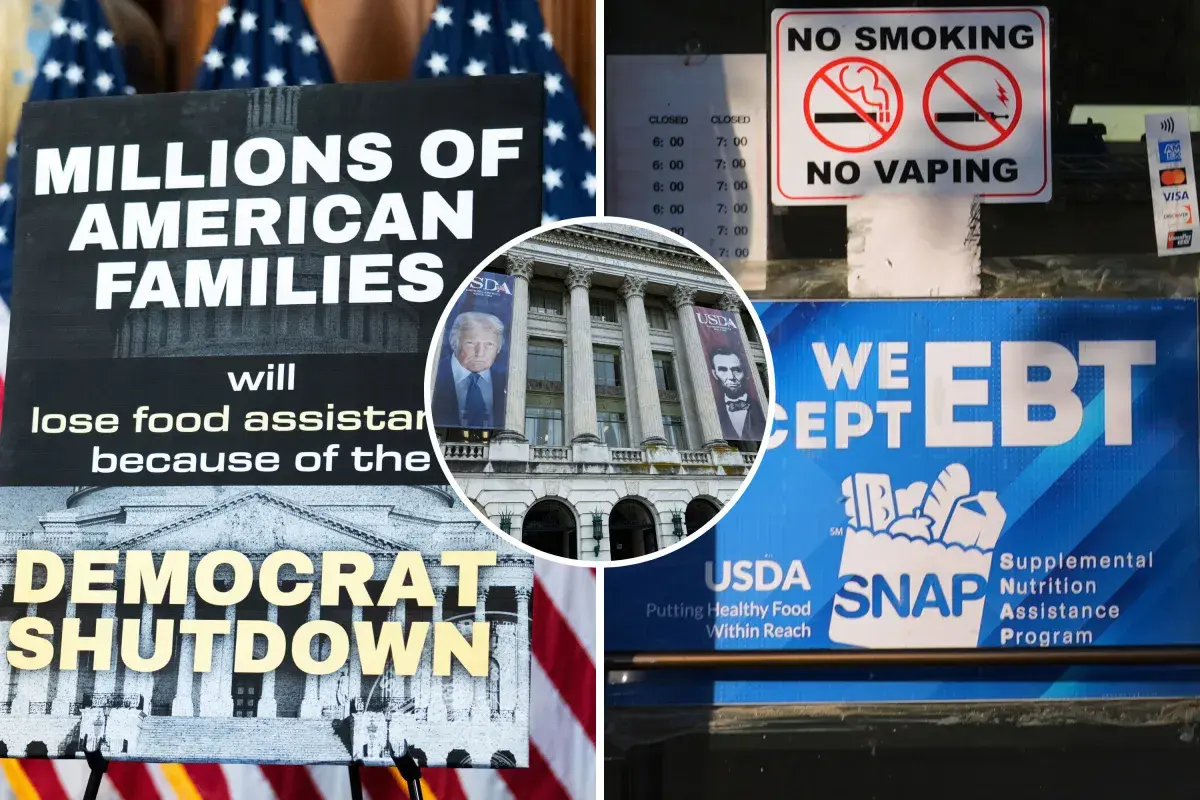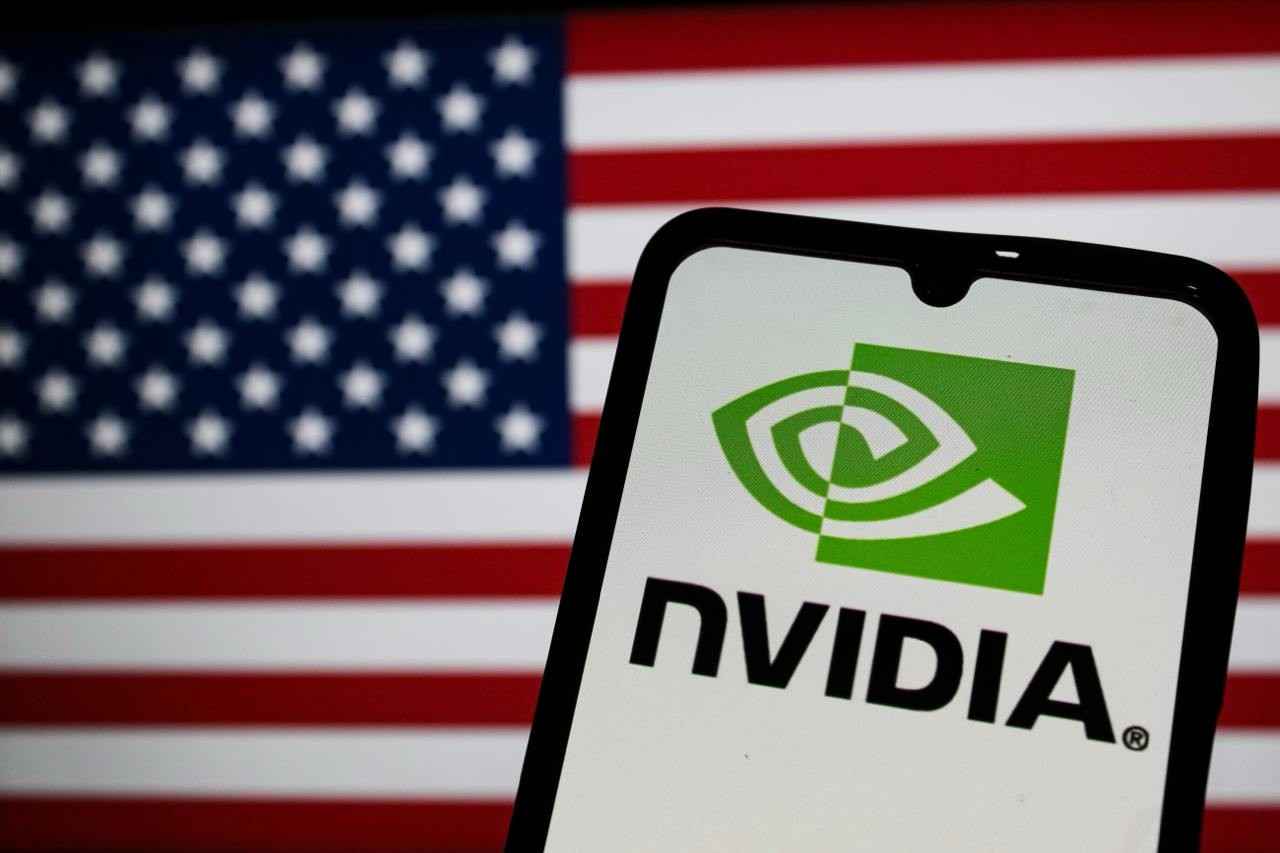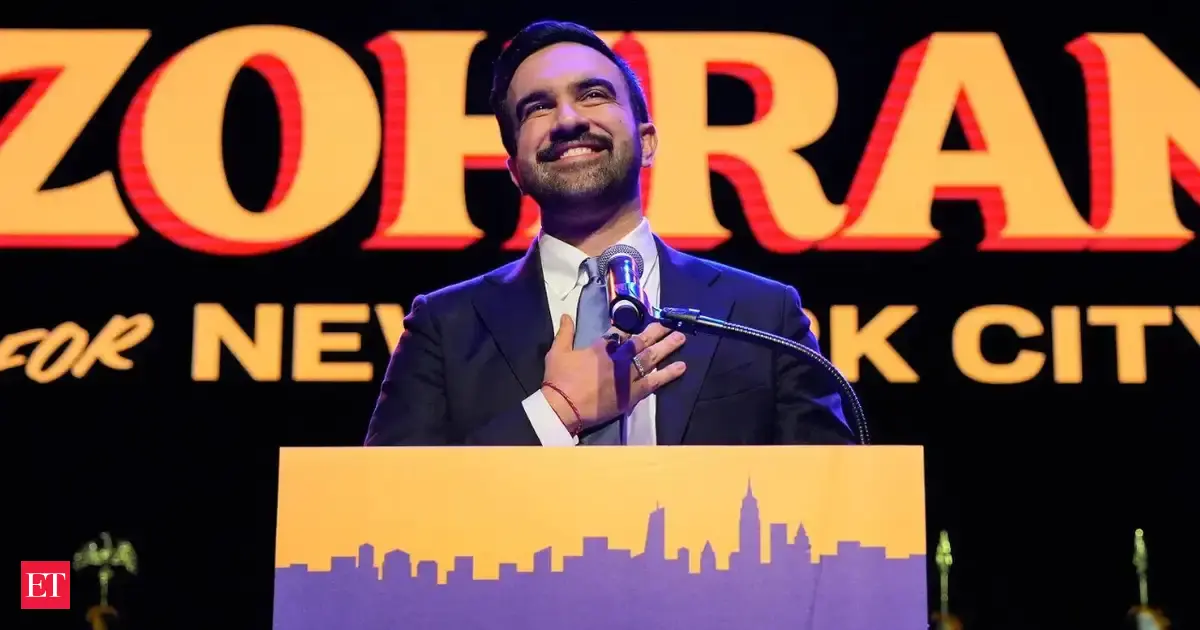Copyright Newsweek

A federal judge in Boston has given the U.S. Department of Agriculture (USDA) until Saturday to respond to a coalition of 25 Democratic-led states and the District of Columbia seeking emergency safeguards over the distribution of November Supplemental Nutrition Assistance Program (SNAP) benefits. Newsweek contacted the Department of Justice (DOJ), USDA and the Office of the Massachusetts Attorney General for comment via email outside normal business hours on Friday. Why It Matters At stake in twin court battles over November SNAP benefits is far more than a single month’s funding. The outcome will determine whether the federal government must fully finance critical nutrition assistance during a shutdown—and who is responsible when its systems fail. With 42 million Americans relying on SNAP, states warn that the USDA’s shifting partial-payment plan risks widespread errors and delays. The cases, now unfolding in Massachusetts and Rhode Island, test how far executive agencies can go in limiting guaranteed benefits during budget lapses and whether Washington, not the states, must bear the financial and legal fallout. What To Know Massachusetts Judge Expands States’ Request In SNAP Case In an electronic order entered Thursday, Judge Indira Talwani of the U.S. District Court for the District of Massachusetts said the court would treat the plaintiffs’ latest filing as an amended motion for a temporary restraining order. The order directs the federal government to answer the states’ expanded request that the court require USDA to “hold Plaintiffs harmless from any and all errors in November 2025, any other month with a partial SNAP payment, and any months immediately following a monthly issuance of partial benefits.” Talwani added that they “…assume total financial liability associated with any errors that occur while the Plaintiffs attempt to provide partial benefits.” The states argue that the USDA’s shifting instructions—first reducing payments by 50 percent and then by 35 percent—create serious administrative risks that could lead to incorrect or delayed food-aid disbursements. According to declarations filed by state officials, system rewrites required to implement USDA’s reduction tables could take weeks or months to complete, leaving many recipients temporarily without benefits. Rhode Island Ruling Orders Full Snap Payments The Massachusetts case, Commonwealth of Massachusetts et al. v. U.S. Department of Agriculture et al., is the second major federal action over November SNAP payments following a parallel ruling in Rhode Island. On Thursday, Judge John J. McConnell Jr. of the U.S. District Court for the District of Rhode Island ordered the federal government to “make full payments of November SNAP benefits to the states by Friday, November 7, 2025,” concluding that USDA’s earlier plan to provide only partial benefits was “arbitrary and capricious.” “The government’s actions … predictably magnify harm and undermine the very purpose of the program it administers,” the opinion said. The Justice Department has appealed the decision. In response to the Rhode Island ruling, Massachusetts Attorney General Andrea Joy Campbell said in a public statement sent to Newsweek that she was “grateful that the Court has issued a swift and decisive order directing the federal government to fully fund the SNAP program,” adding that “the federal government has always had the money to fund this program.” USDA officials have not publicly commented on either the Rhode Island or Massachusetts orders beyond filings in court. Funding Dispute Deepens As Shutdown Becomes Longest In U.S. History At issue in both suits is how the federal government plans to fund November SNAP benefits amid a continuing shutdown—now the longest in U.S. history, stretching beyond 35 days. The USDA told states on Monday that it would use $4.65 billion in contingency funds—about two-thirds of what advocates say is available—to issue partial benefits. An analysis from the Center on Budget and Policy Priorities estimated that “USDA’s allotment reduction scheme will use only about $3 billion in November, about two-thirds of the $4.65 billion the Administration committed to spend in court filings,” leaving some households with no benefit at all. State officials in Pennsylvania, Minnesota, Oregon and New Jersey filed declarations warning that implementing USDA’s partial payment plan could lead to technical failures and higher error rates. The Pennsylvania Department of Human Services estimated that executing the federal directives would require “completely restructuring Pennsylvania’s core eligibility and case management system,” a process expected to take nine to 12 business days and 10,000 hours of work. The coalition’s amended motion asks the Massachusetts court to ensure that any resulting overpayments or system errors not be counted against states in USDA’s yearly performance reviews and that the federal government cover any costs of correction. While the Rhode Island order requires the federal government to deliver full November benefits immediately, Talwani has not yet ruled on whether to impose a similar mandate. Her latest directive limits itself to requiring the government’s written response by Saturday. Together, the two cases will determine how 42 million Americans—roughly one in eight people—receive nutrition assistance during the shutdown. Until the Massachusetts court issues its next order or the Rhode Island appeal is resolved, state agencies are continuing to prepare both partial and full payment scenarios, seeking clarity on who bears the risk if the numbers go wrong. What People Are Saying Judge Indira Talwani told USDA representatives in court: "You need to figure out how to stretch that emergency money now," making it clear she wants USDA to get the money out the door, not come up with excuses for why it believes it can't. “That's lawyering. I want agency action, not lawyering.'” John McConnell Jr., U.S. district judge, District of Rhode Island, in his ruling on Thursday: “The evidence shows that people will go hungry, food pantries will be overburdened, and needless suffering will occur.” Patrick A. Penn, USDA deputy under secretary, in the court filing: “There are procedural difficulties that States will likely experience which would affect November SNAP benefits reaching households in a timely manner and in the correctly reduced amounts.” What Happens Next The next steps hinge on two parallel developments: the USDA must respond by Saturday to the coalition of 25 states asking Talwani to require full November SNAP payments or make the agency financially liable for any errors under its partial payment plan, while the federal government is appealing McConnell Jr.’s order to pay 100 percent of benefits by Friday. If the appeal fails, full payments could be required nationwide. If the courts diverge, the issue may fast-track to the First Circuit or even the U.S. Supreme Court. In the meantime, states are racing to prepare their systems for either outcome, warning that delays or mistakes could leave millions of families temporarily without food aid.



